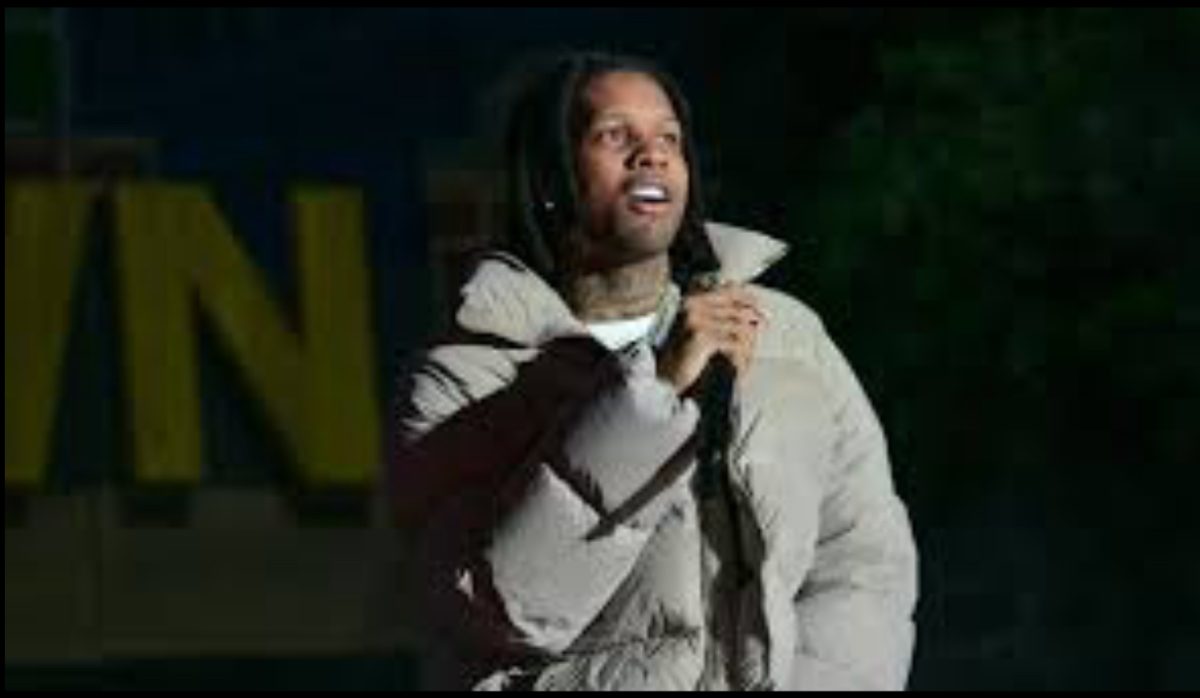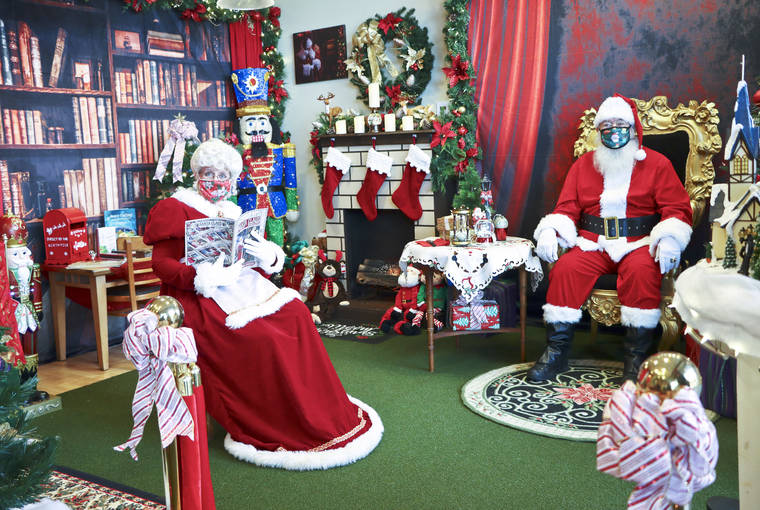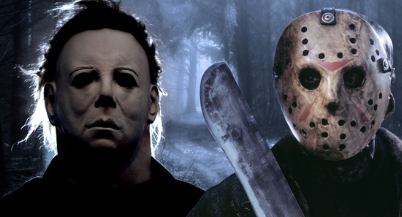Is Santa Claus real?
 Do you think Santa Claus is real or fake? The belief in Santa Claus is a cherished tradition for many children worldwide, with a sense of wonder and excitement surrounding his annual visits. For young believers, Santa represents the magic of Christmas a jolly, bearded man who travels around the world in a sleigh pulled by reindeer, delivering gifts to children who have been good throughout the year. This belief is often reinforced by parents, media, and holiday traditions that create an atmosphere of joy and anticipation. Children embrace the idea wholeheartedly, eagerly awaiting the moment they find presents under the tree and wonder how Santa managed to visit every home in one night.
Do you think Santa Claus is real or fake? The belief in Santa Claus is a cherished tradition for many children worldwide, with a sense of wonder and excitement surrounding his annual visits. For young believers, Santa represents the magic of Christmas a jolly, bearded man who travels around the world in a sleigh pulled by reindeer, delivering gifts to children who have been good throughout the year. This belief is often reinforced by parents, media, and holiday traditions that create an atmosphere of joy and anticipation. Children embrace the idea wholeheartedly, eagerly awaiting the moment they find presents under the tree and wonder how Santa managed to visit every home in one night.
As children grow older, the realization often comes that Santa may not be a real person. This shift in belief is often gradual, as they begin to notice the inconsistencies in the stories surrounding Santa’s existence. For example, they may question how Santa can visit millions of homes in a single night or wonder how he can fit through chimneys despite modern homes lacking them. Peer pressure from other children who have outgrown the belief in Santa can also lead some to doubt the story. Despite these realizations, many still enjoy the festive spirit that Santa embodies and continue to celebrate Christmas traditions.
On the other hand, some people maintain that Santa Claus is more than just a fictional character. They argue that the spirit of Santa is ver
y real in the sense that he represents the values of generosity, kindness, and the joy of giving. Even if Santa is not real, the lessons associated with him are meaningful, and many adults choose to continue the tradition of Santa for their children, emphasizing the importance of giving and the magic of the holiday season. For these people, Santa symbolizes a sense of wonder that transcends the idea of a literal man in a sleigh.
However, some view the idea of Santa Claus as a myth that can be harmful to children. They argue that perpetuating the belief in Santa can lead to confusion and disappointment when children inevitably discover the truth. Some believe that it undermines trust between parents and children, as children might feel deceived when they find out that Santa isn’t real. These critics often choose to approach the holiday differently, focusing on the religious or cultural significance of Christmas rather than the myth of Santa Claus.
Ultimately, the belief in Santa Claus is a matter of perspective and personal choice. While some children wholeheartedly believe, others may see through the magic, and many families continue to embrace Santa as a symbol of the holiday spirit. Whether Santa is considered real or fake, his legacy as a symbol of joy, generosity, and love continues to shape the way people celebrate Christmas around the world.

























